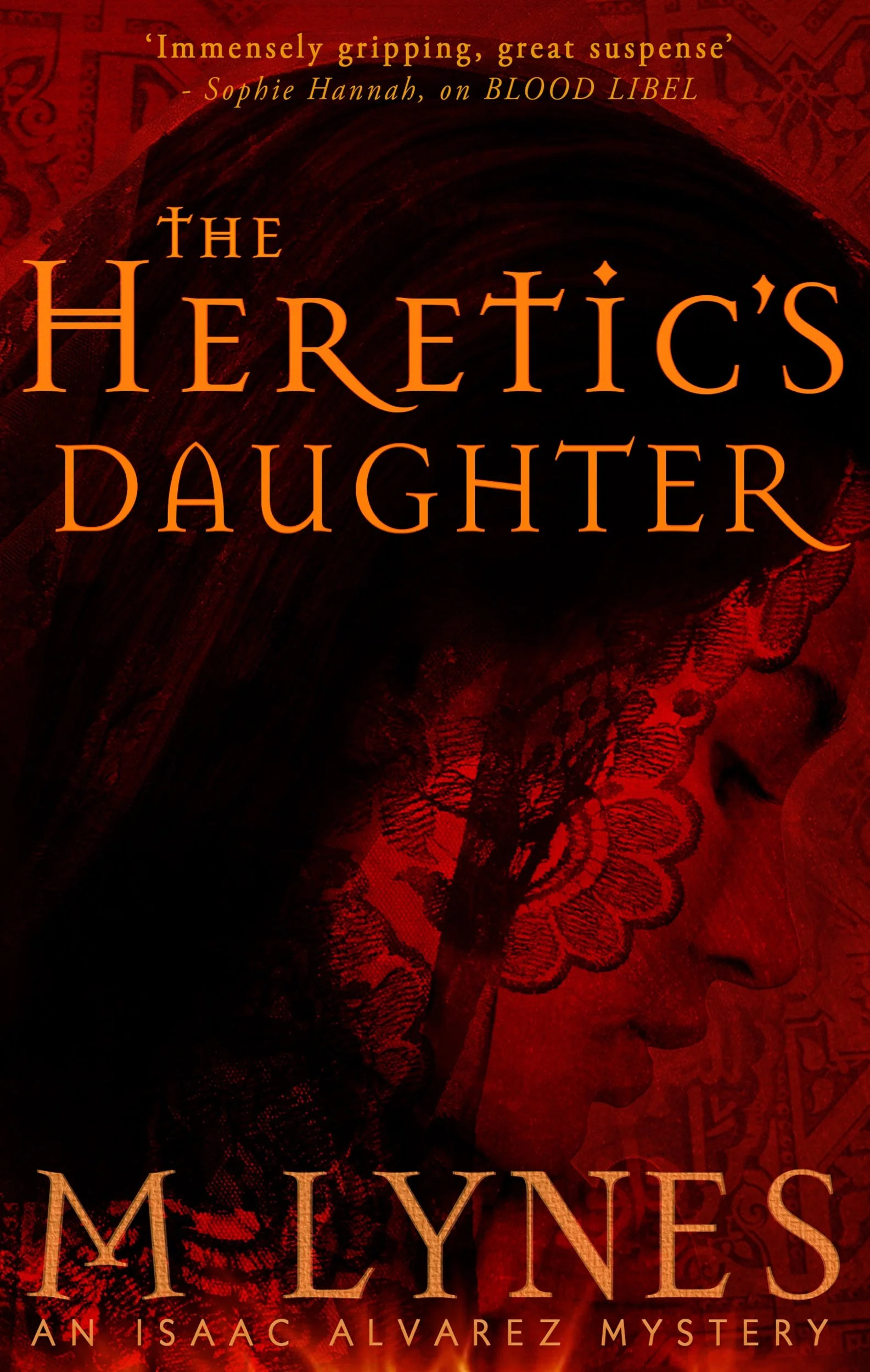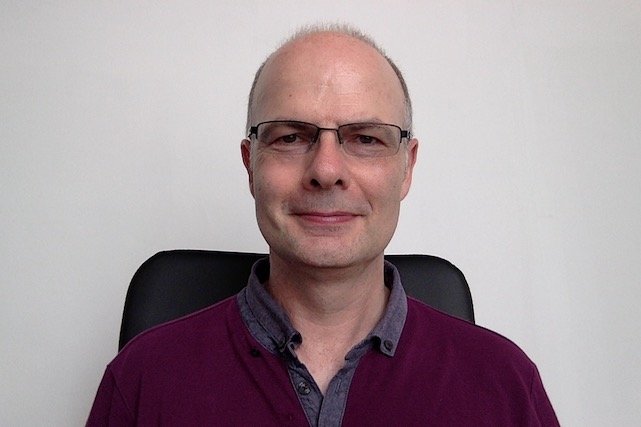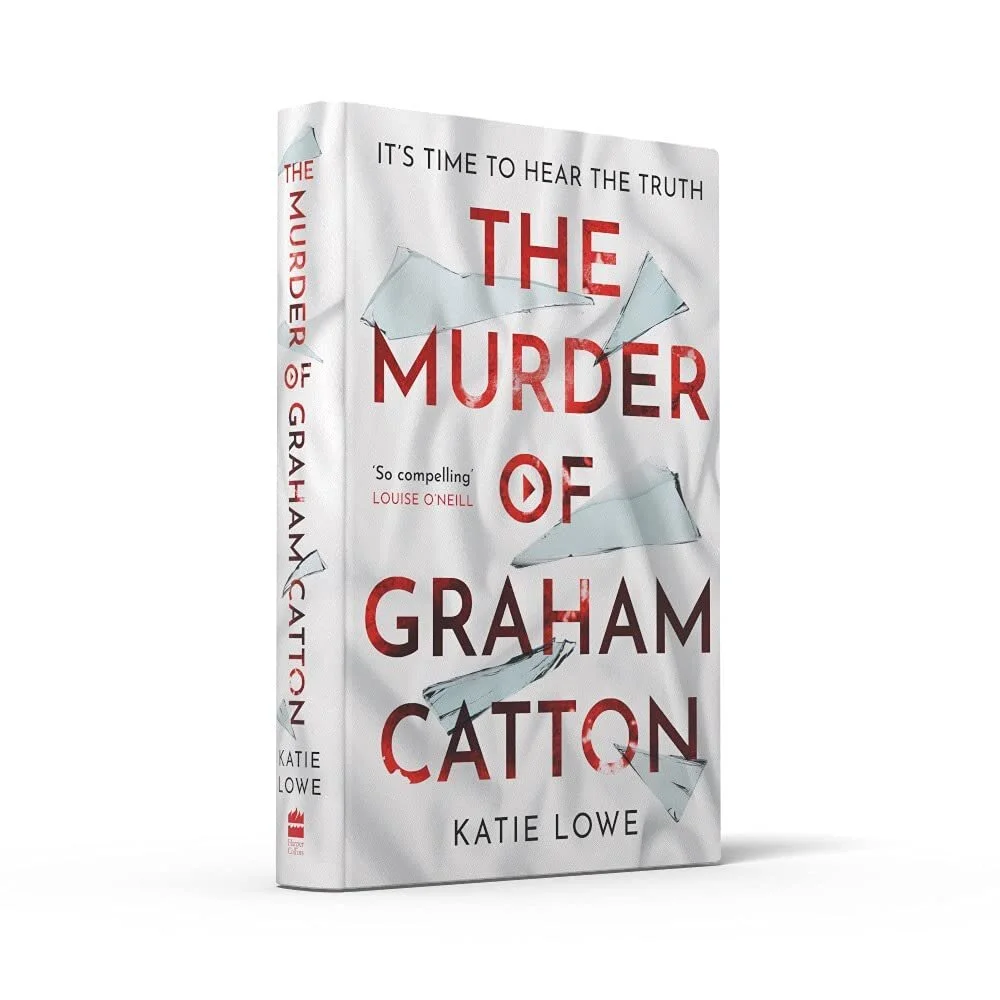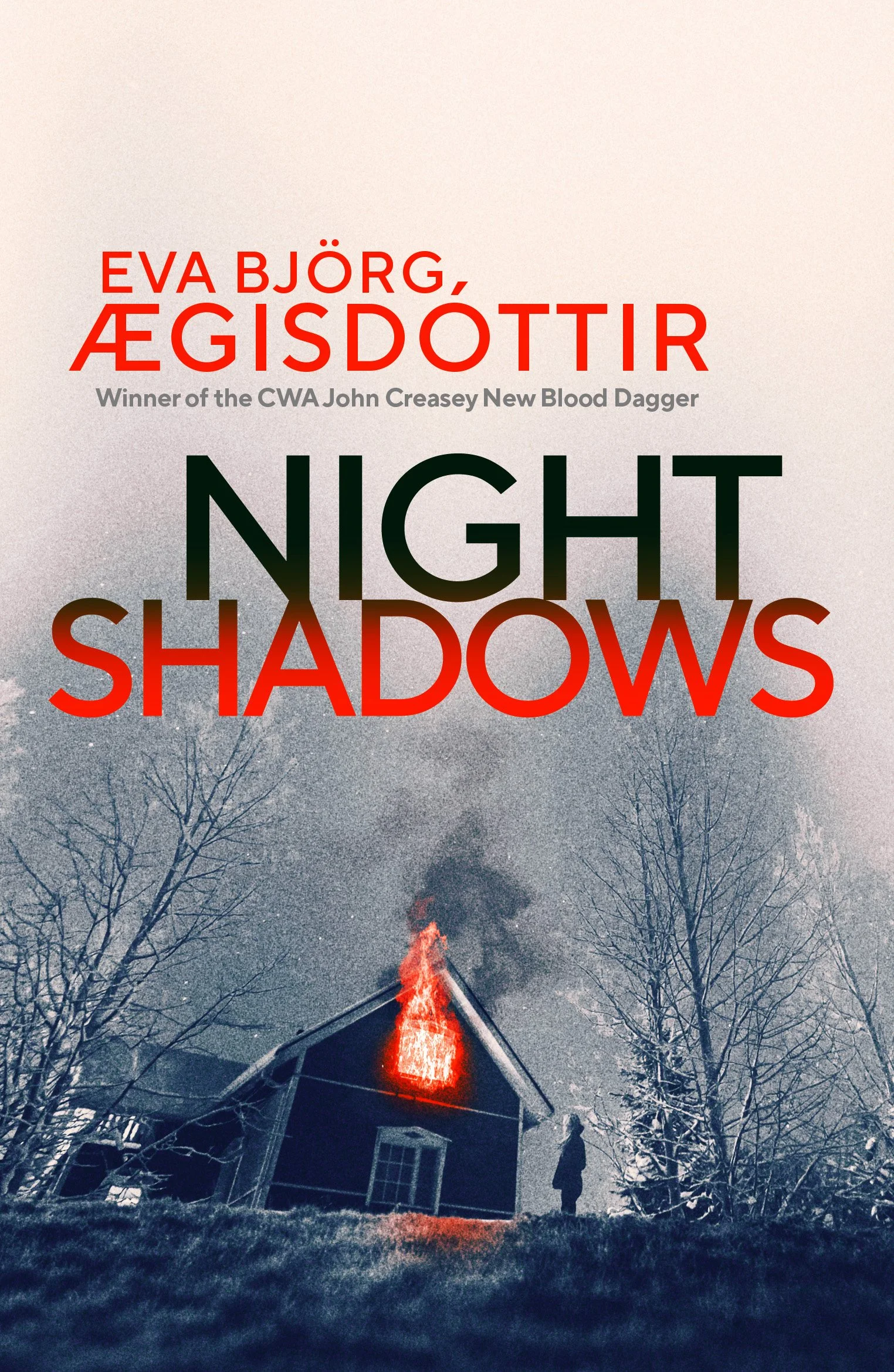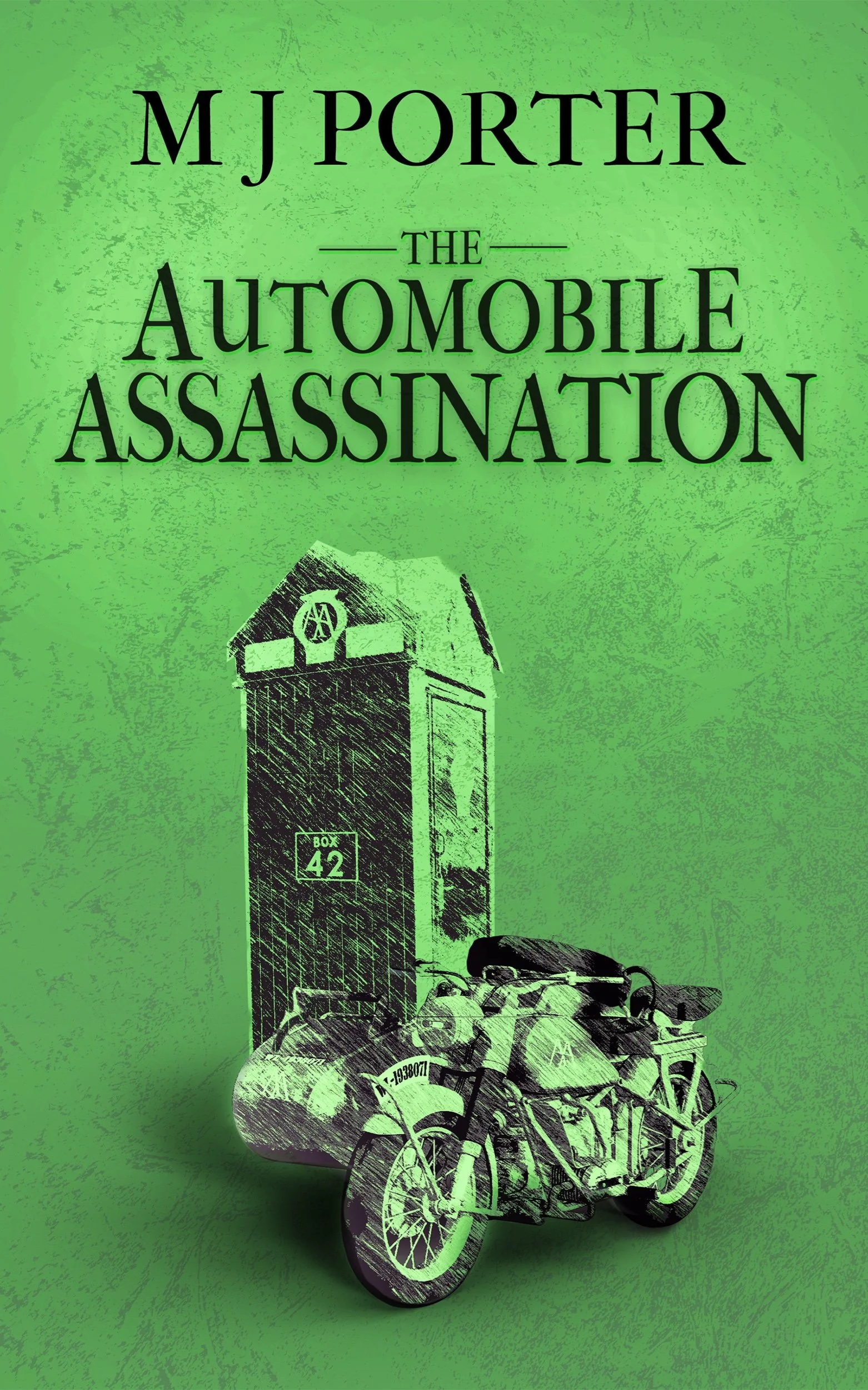The Heretic’s Daughter by M Lynes
Seville, 1498. As the Inquisition’s grip on Andalucia tightens, Isaac and Isabel are forced to choose between family and faith. Can their family survive the consequences?
Isaac seeks revenge on Torquemada for the murder of his wife and best friend. But he’s not the only one who wants The Grand Inquisitor dead. The King commands Isaac to investigate. If Isaac stops the assassination, he saves the man he hates. Fail and he loses the King’s protection: the only thing keeping a heretic like Isaac alive. After a perilous journey to Granada, he confronts both Torquemada and the truth about himself.
Conflicted by her father’s heresy and distressed by his quest for vengeance, Isabel sets out to discover the truth. Feeling abandoned by her father, the trail takes her to the darkest places in Seville. She is unnerved by a shocking revelation and a surprising discovery about her real feelings. Can Isabel use what she has unearthed to save her father and their family?
The first book in the Isaac Alvarez Mysteries, Blood Libel, won a prize at the 2020 Emirates Literature Festival.
About the author
Michael writes historical fiction and won a prize for his debut novel, Blood Libel, at the 2020 Emirates Literature Festival. Sophie Hannah called it, ‘immensely gripping,’ and the Historical Novel Society said, ‘Lynes knows his history and tells the story with verve.’ He is an alumnus of the Faber Academy’s Writing a Novel course.
The Isaac Alvarez Mysteries are set in turn of the 16th century Andalusia. A febrile time: the Catholic monarchs, Isabella and Ferdinand, had just ended the Moors’ 700-year domination of the region. Religious tensions between Catholics, Jews and Muslims are running high and the Inquisition is determined to drive out heresy. Isaac struggles with his religious identity whilst trying to protect his family and keep King Ferdinand happy.
Isaac’s first investigation was published in January 2021 . The second, The Heretic’s Daughter, was published in May 2022.
He is hard at work on the third book in the series and planning the fourth. Michael is originally from London but currently lives in Dubai with his family.
As part of the blog tour, I have the pleasure to share with you an extract from the book!
Abu Ali Sina, the apothecary, began his morning ritual by kneeling to light the nuggets of oud in the incense burner. Crackling and sparking, they released their heavy, woody fragrance. Inhaling the smoke, he stood and stretched his tall, slender frame. The scent always brought Khadijah to mind, and he whispered a prayer for his wife’s soul.
He kept the incense burner behind the counter; the Catholics did not appreciate the Mudéjar’s perfume. He would have kept ten burners running all day, but that would be provocative. He could not afford to lose Catholic patrons; there were not enough Mudéjars left in Seville to keep his business alive. And there were no Jews left at all. He didn’t want to run away to Granada, as so many of his friends had. It would be easier to worship Allah there. He would have to close the shop that had been in his family for five generations. He didn’t want that guilt.
Ali Sina surveyed the rows of orange and blue earthen‐ ware jarsfilling the tall mahogany shelves behind the counter. He took a mental stocktake: enough cumin, anise and horehound, but mandrake root was very low. He normally prescribed it to ease stomach-ache, but perhaps its other use as an aphrodisiac was causing the high demand? The large glass jar on the counter was still full of slippery, copper-coloured leeches. Was blood-lettingfalling out of fashion?
The rasp of the shop door announced the day’s first customer. A tall, cloaked figure moved through the deep shadows, disturbing motes of dust. Ali Sina had only lit a few candles; he had to save what little money remained. Besides, nobody usually came in this early.
“Good morning, apothecary” came a deep growl from the half-light.
“Good morning. You’re most welcome, senor”
The man’s wide-brimmed hat hid most of his face. Ali Sina could make out a beard and the glint of perhaps blue eyes. He was familiar, but the apothecary didn’t think he had visited the shop before.
The man wrinkled his nose. “Couldn’t you burn some orange or lavender? Can’t stand that Moorish smell.”
“I’m sorry, senor. I don’t usually have customers this early.”
The man ignored the apology and looked up at the earthenware pots. Ali Sina followed his eyes, trying to guess what he was looking for. Perhaps some sage or chamomile to ease his digestion? The man coughed. Ah, a cold?
“I need something for my chest, it’s very heavy.” He coughed again, louder this time, as if to emphasise the point.
The apothecary reached for an orange jar decorated with a complex geometric pattern. Setting it down next to the pestle and mortar, he measured a precise quantity of white powder on the brass weighing pan, tipped it into a square of cloth, and twisted it closed with twine.
‘Put a pinch of this hyssop into a glass of wine, twice a day. You will feel better within two or three days.’ The apothecary placed the small parcel on the counter.
The man rummaged in the leather pouch hanging from his belt, put twenty maravedies on the counter, pocketed the cure, but did not leave.
‘Can I help the señor with another remedy?’ ‘Yes, I would like some arsenic.’
‘Some arsenic?’
The man gave a curt nod.
The apothecary hesitated. ‘Señor, I’m required by the authorities to enquire for what purpose?’
‘Of course, it would be remiss of you not to ask. I need it for vermin.’
Ali Sina held the man’s eyes for a few moments. The sun had begun to creep into the shop and he could now definitely see glints of blue glimmer in the man’s unblinking, pale eyes.

